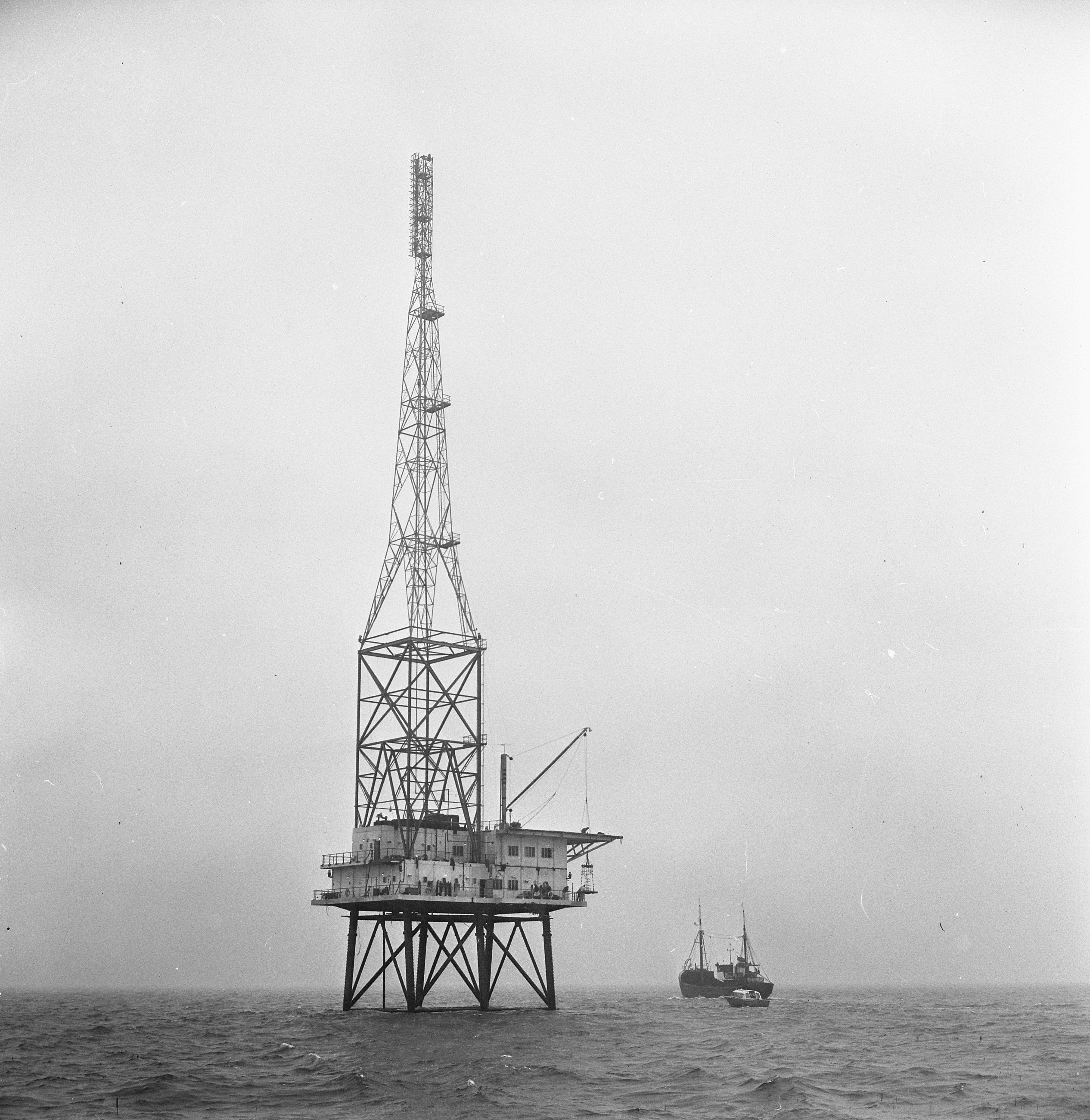|
Radio Invicta (other) ), a licensed radio station in Kent
{{disambiguation ...
Radio Invicta may refer to: *Radio Invicta (London), a 1970s/1980s pirate radio station in London *Radio 390 (formerly Invicta), a 1960s offshore radio station It could also refer to: *Invicta Radio (now Heart Kent Heart Kent (previously Invicta FM) was a local radio station owned and operated by Global Radio as part of the Heart network. It broadcast to Kent from studios at John Wilson Business Park in Whitstable. History Invicta in the 80s Originall ... [...More Info...] [...Related Items...] OR: [Wikipedia] [Google] [Baidu] |
Radio Invicta (London)
Radio Invicta was a pirate radio station that broadcast to London, and was the first of its kind to specialise in playing soul music. It broadcast from December 1970 to July 1984, and was known by its slogan ''Soul over London'' and considered itself "Europe's first and only all soul station". Many of the well known DJs on the soul, funk, and jazz-funk scenes at the time played on the station, including Froggy, Chris Hill, Tony Cleveland, Roger Tate, Andy Jackson, Steve Devonne, Steve Chandler, Tony Johns, and Herbie ( Mastermind Roadshow). The station would also launch the careers of Steve Walsh, Gilles Peterson, and Pete Tong Peter Michael Tong, (born 30 July 1960) is an English disc jockey who works for BBC Radio 1. He is the host of programmes such as ''Essential Mix'' and '' Essential Selection'' on the radio service, which can be heard through Internet radio str .... Having originally broadcast during the week, from 1974-1978 the station broadcast solely on bank h ... [...More Info...] [...Related Items...] OR: [Wikipedia] [Google] [Baidu] |
Pirate Radio
Pirate radio or a pirate radio station is a radio station that broadcasts without a valid license. In some cases, radio stations are considered legal where the signal is transmitted, but illegal where the signals are received—especially when the signals cross a national boundary. In other cases, a broadcast may be considered "pirate" due to the nature of its content, its transmission format (especially a failure to transmit a station identification according to regulations), or the transmit power (wattage) of the station, even if the transmission is not technically illegal (such as an amateur radio transmission). Pirate radio is sometimes called bootleg radio (a term especially associated with two-way radio), clandestine radio (associated with heavily politically motivated operations) or free radio. History Radio "piracy" began with the advent of regulations of the airwaves at the dawn of the age of radio. Initially, radio, or wireless as it was more commonly called at ... [...More Info...] [...Related Items...] OR: [Wikipedia] [Google] [Baidu] |
Radio 390
Radio 390 (1965–1967) was a pirate radio station on Red Sands Fort, (near Whitstable), a former Maunsell Fort on the Red Sands sandbar. Previously the fort had been used by Radio Invicta (c June 1964 – February 1965) and KING Radio (March – September 1965). Neither was well-financed or successful, and KING approached Ted Allbeury, who suggested a format based on women's magazines to appeal to housewives. Radio 390 was named after the station's wavelength, so listeners would know where to tune. The actual wavelength was 388 metres (773 kHz), but 390 was easier to remember. Like its neighbour, Radio City, Radio 390 took advantage of the fort's layout by erecting a 250-foot vertical mast on an inner tower, guyed to three of the outer towers. This, with additional elevation from the height of the towers, gave a stable and efficient antenna, better than ship-based stations, ensuring coverage of southern England with only a 10 kilowatt transmitter. For advertisers, the stati ... [...More Info...] [...Related Items...] OR: [Wikipedia] [Google] [Baidu] |
Offshore Radio
Offshore radio is radio broadcasting from ships or fixed maritime structures. Offshore broadcasters are usually unlicensed but transmissions are legal in international waters. This is in contrast to unlicensed broadcasting on land or within a nation's territorial waters, which is usually unlawful. History The claimed first wireless broadcast of music and speech for the purpose of entertainment was transmitted from a Royal Navy craft, HMS ''Andromeda'', in 1907. The broadcast was organized by a Lieutenant Quentin Crauford using the callsign QFP while the ship was anchored off Chatham in the Thames Estuary, England. However, the majority of offshore broadcasters have been unlicensed stations using seaborne broadcasting as a means to circumvent national broadcasting regulations, for example the practice has been used by broadcasting organizations like the Voice of America as a means of circumventing national broadcasting regulations of other nations. Unlicensed offshore commercial ... [...More Info...] [...Related Items...] OR: [Wikipedia] [Google] [Baidu] |

